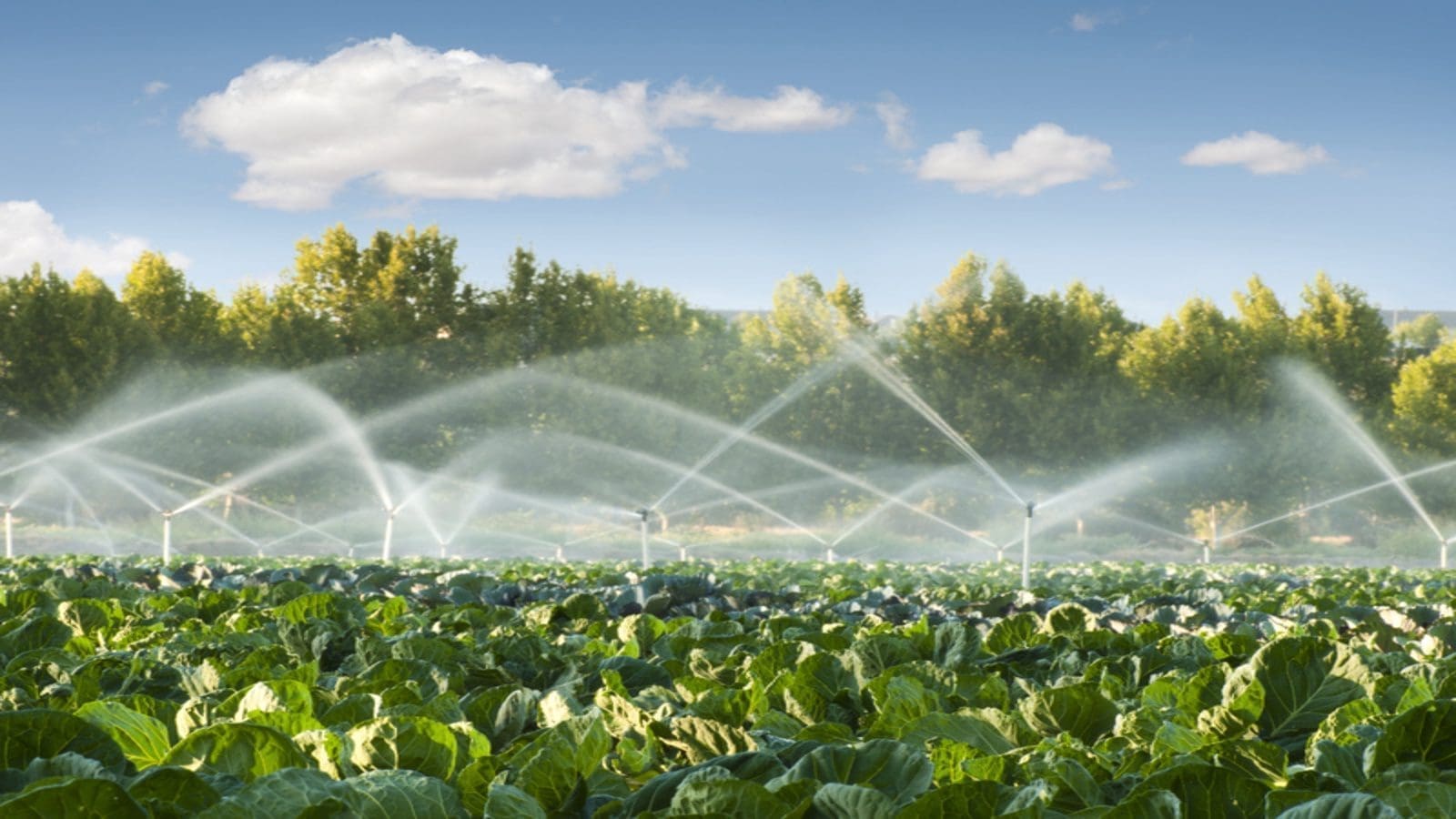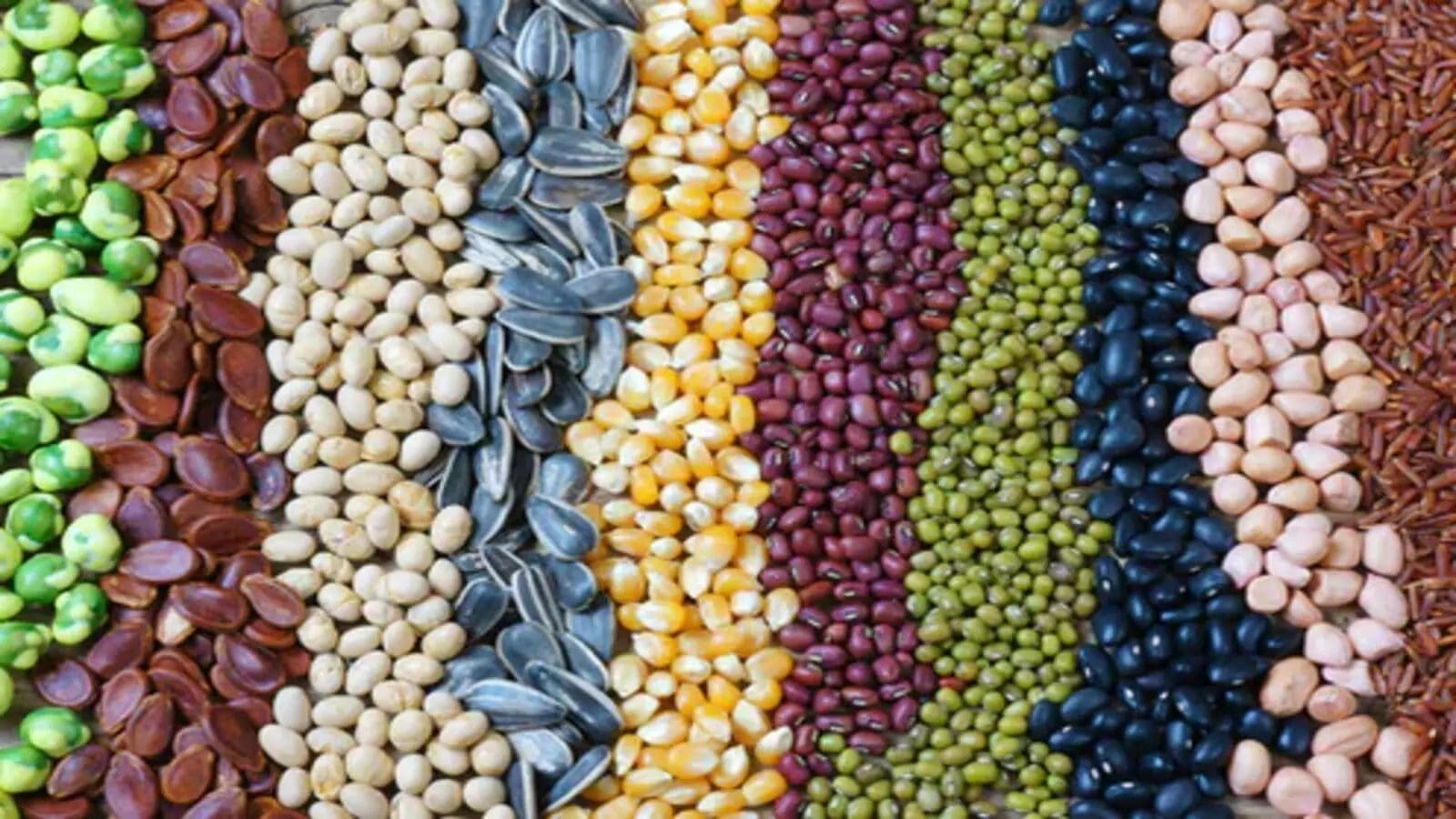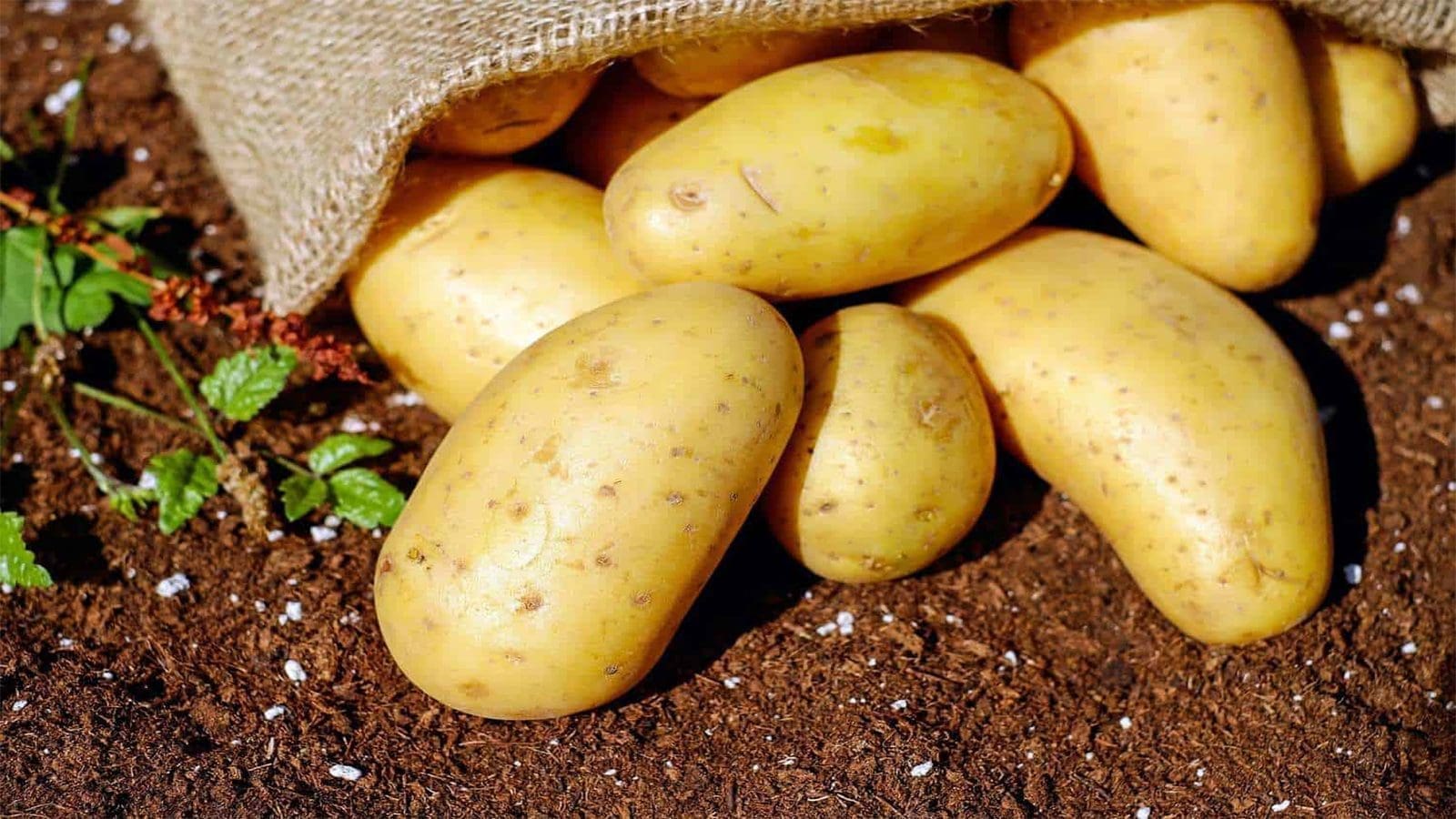GLOBAL – The World Health Organization (WHO) and the Food and Agriculture Organization of the United Nations (FAO) have complied a new set of eLearning courses on Codex Alimentarius for anyone who wants to learn more about the Codex group of food standards.
The Codex Alimentarius is set by the Codex Alimentarius Commission as part of the Joint FAO-WHO Food Standards Program.
The courses are appropriate for Codex Contact Points, government representatives, food manufacturers, consumer advocates, Codex observer organizations, and academics.
The courses are available for download and are open access.
The first course is offered in English, French, and Spanish, and future courses will be released in several languages throughout 2023.
“The new courses have been meticulously developed to make sure we have an up-to-date interactive series of lessons that are framed to improve your understanding of Codex Alimentarius based on individual needs and interests.
“The format allows you to study at your own pace, anywhere and at any time to develop the capacity to engage in and benefit from Codex work,” explained Dirk Schulz, FAO Food Safety Officer and Coordinator of the global technical team from FAO Headquarters and Regional Office for Asia and the Pacific (RAP).
With the help of the new eLearning series, stakeholders’ expertise in a variety of subjects will increase, enabling them to participate in the Codex Alimentarius Commission standard-setting process more successfully.
Each course’s modular design enables students to customize their learning to meet their individual requirements, interests, and time constraints.
The first course explains why Codex exists and why it is important. It provides a brief history of the establishment of the Codex Alimentarius Commission and introduces its mandate and legal basis, as well as the initial steps for becoming involved.
The second course guides the learner in establishing a national Codex programme and functioning properly. It also explains how to engage effectively in Codex at the international level.
The third course to be rolled out in 2023 explains the role of science and risk analysis in Codex, as well as introduces the Joint FAO/WHO Scientific Advice Programme, covering the experts’ bodies JECFA, JEMRA, JMPR, JEMNU, and ad hoc expert consultations.
The fourth course gives an overview of the FAO/WHO Coordinating Committees and describes the roles, functions, and responsibilities of Regional Coordinators and Members of the region.
A digital badge is given after each course is successfully completed to attest to the competencies learned there.
“To be granted a digital certification from the FAO e-learning Academy, you must take the final evaluation exam after you’ve finished a course.
Our digital badge certifications verify that you have achieved the learning outcomes and competencies outlined in FAO e-learning courses,” reads the FAO website.
The course development was backed by Annamaria Bruno and Panpilad Saikaew, FAO Project Coordinator of the Codex capacity building project for 12 countries in Asia, and benefited from funding from the Ministry of Agriculture, Forestry and Fisheries, Government of Japan.
For all the latest food safety news from Africa and the World, subscribe to our NEWSLETTER, follow us on Twitter and LinkedIn, like us on Facebook and subscribe to our YouTube channel.








